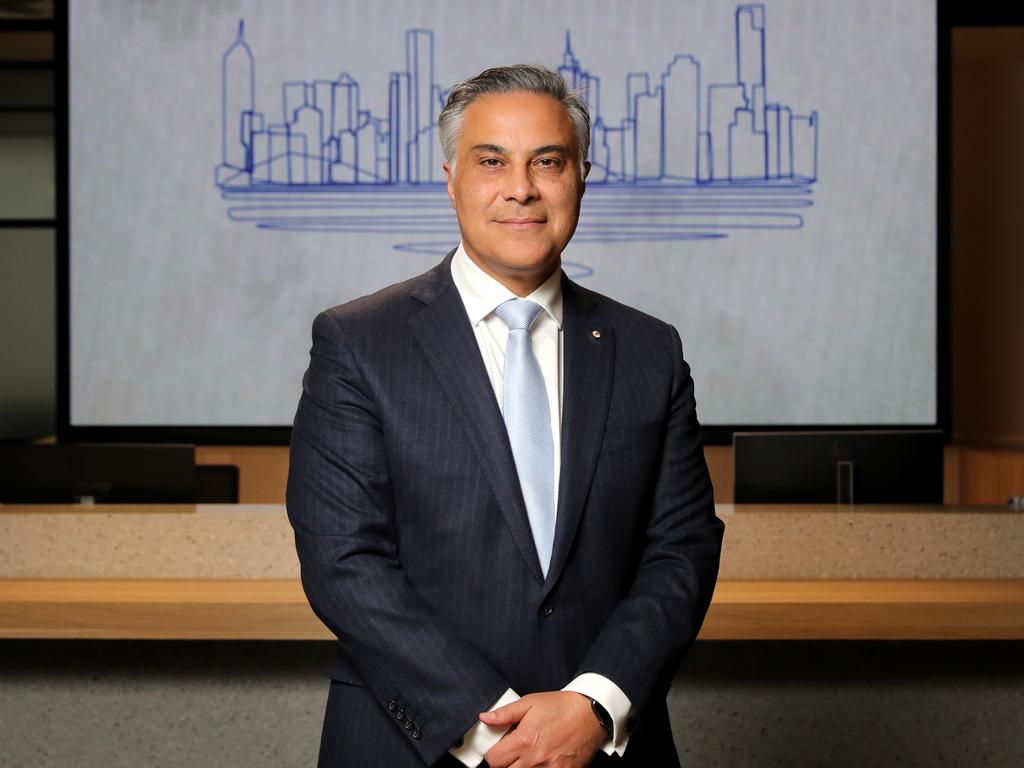‘Why I refuse to monitor my employees at home’

The way we work now is arguably one of -- if not the -- biggest change we’ve had to adapt to during and post-COVID-19. As working from home has gone from a nice-to-have to a must, companies and managers have been forced to contend with a new reality that demands a new skill set, adjusted expectations and a much more flexible and compassionate approach to managing employees.
Unfortunately, instead of adjusting their expectations in the face of such adversity, some organisations are planning to, or have already installed, software that tracks their employees‘ work hours and movements; which websites they are visiting, when and for how long; and in some cases, even tracking the location of employees by installing complementary apps on their phones.
The decision to use technology against employees is problematic on several levels, and does not bode well for a trusting and inclusive workplace culture.
By overtly or secretly monitoring the work practices of employees working remotely, what companies are effectively doing is undermining the trust of their employees. This is doubly important at a time when trust in organisations is actually at an all-time high. According to a recent FlexCareers poll, we found that 72 per cent of HR professionals believe employees are showing greater trust towards their organisations and leaders than before the pandemic.
Tracking workers’ every movement threatens to undo all the goodwill built over the last few months and perhaps even push some loyal employees to consider jumping ship when jobs become more secure.
Yet, with sales of employee monitoring software surging since the coronavirus pandemic was declared (some companies are reporting a 300 per cent increase in customers in Australia in the last two months) it seems some organisations are really struggling to let go of the mentality that hours worked is more important than the quality of work produced.
And while this affects primarily white collar, service industry professionals, in many ways the use of technology to discipline and dominate employees who are more likely to engage in thoughtful, deep work is counter-productive, as that type of work requires times of seeming ‘inaction’ (i.e. time away from the computer) cannot be measured and captured by a robot.
It also shatters any illusion of trust between the staff and the company, something that is important during normal times, let alone in the case of a pandemic. In order for a company to work effectively, there must exist a baseline level of trust between every employer and employee from the get go -- otherwise, why hire someone in the first place?
Over time, that trust either increases or decreases, in which case the employee either moves up or moves on. Studies show that trust and employee autonomy produce the best results, as they foster intrinsic motivation in workers (which is driven by inner experiences such as enjoyment, satisfaction or growth in their work) rather than extrinsic motivation driven by external factors such as rewards or approval.
It’s no secret that over the last three months, managers’ ability to visually monitor the inputs and outputs of their staff has been taken away as priority was given to simply surviving. Yet, our data shows that remote working will increase by 62 per cent following COVID-19, which means coming up with a new set of rules for the workplace.
Now that we’re slowly emerging from the shock of the biggest workplace upheaval in decades, we need to start thinking about bringing back effective performance management that focuses on outcomes rather than inputs -- so the quality of work produced rather than how that work is done, where and at what time.
Joel McInnes is CEO of FlexCareer







Over the last 12 weeks, the world as we know it has stopped existing. Seemingly overnight, we have been forced to live in ways we never anticipated -- let alone expected. And as we slowly come out of lockdown, in many ways the world awaiting us is irrevocably different to the one we left behind in March.